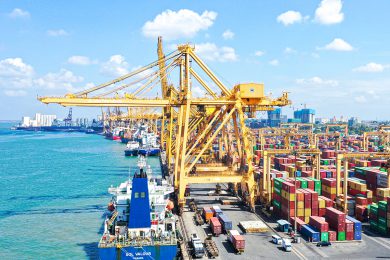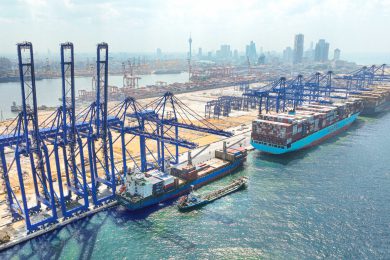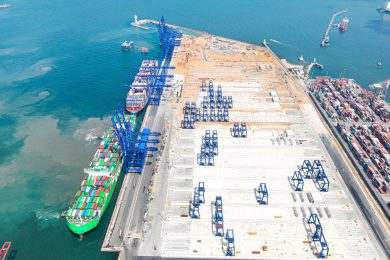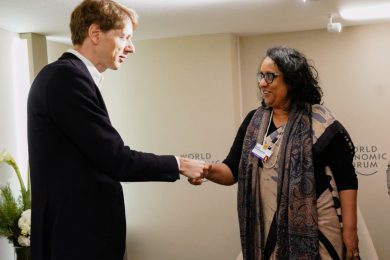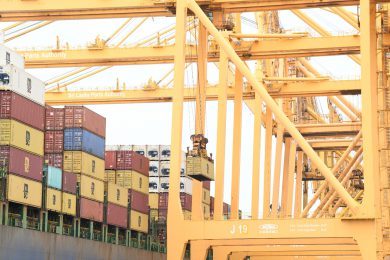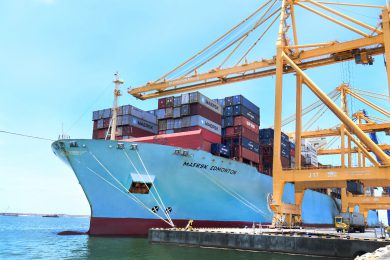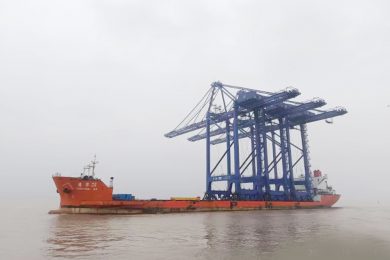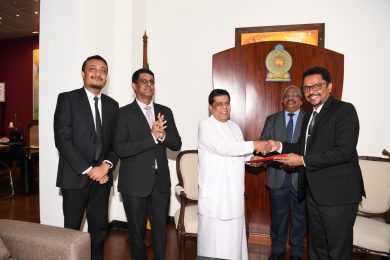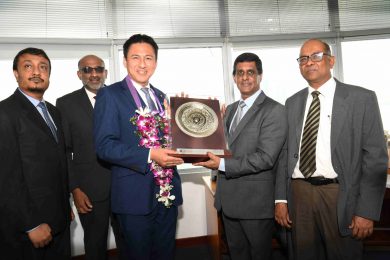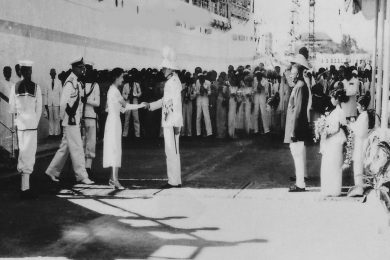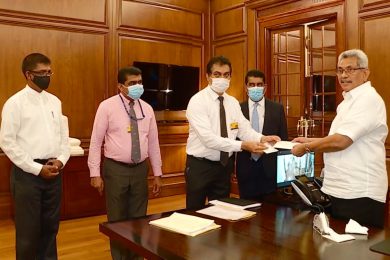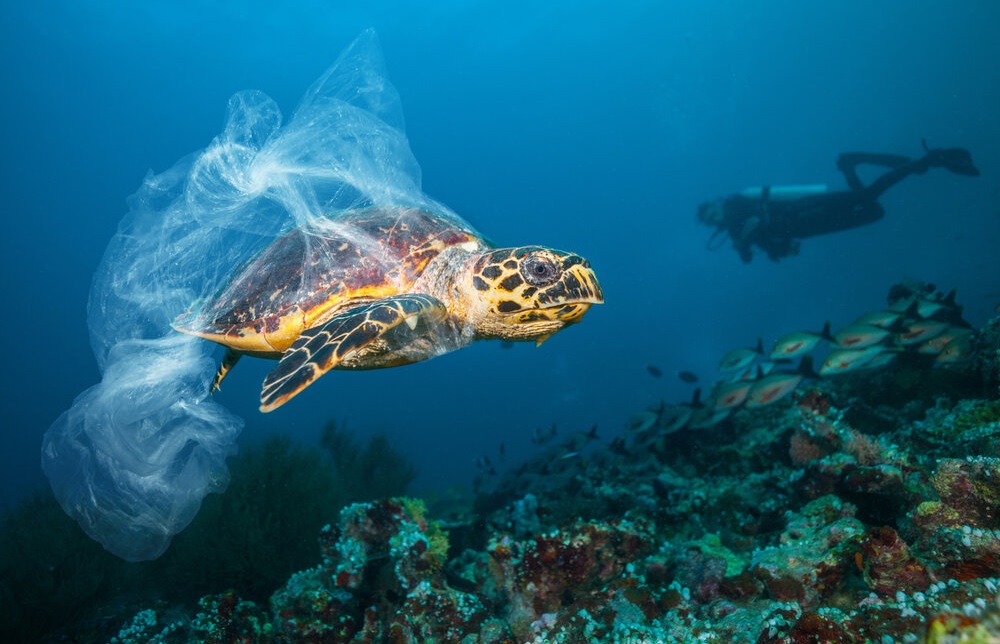Following excerpts adapted from the speech by IMO Secretary-General Kitack Lim at the International Marine Debris Conference, Busan, Republic of Korea on 19 September 2022
The ocean truly connects and sustains us, in all corners of the world. More than 3 billion people rely on the ocean for food, 40 percent of the world’s population live within 100 km of the coast, and over 80% of world trade is carried across seas and ocean. So, it is not surprising that the ocean is at the heart of building a sustainable future for the world and enabling the welfare and prosperity of generations to come.
But we know that we need to do more to conserve and sustainably manage the ocean if we are to ensure that it can sustain not only the current generation but also those who will come after us.
IMO as the global regulator of shipping, is doing its part to ensure that shipping is carried out with safety and security and without harming the environment.
This year has seen renewed actions by the international community designed to further our efforts towards sustainable use of the Ocean. For example the UN Ocean Conference took place in Lisbon, Portugal at the end of June and in August the Intergovernmental Conference on Marine Biodiversity of Areas Beyond National Jurisdiction met in New York to continue negotiations on an international legally binding instrument on the conservation and sustainable use of marine biological diversity of areas beyond national jurisdiction. These followed the historic decision at the United Nations Environment Assembly in March to develop an internationally legally binding agreement by the end of 2024 that will address plastic pollution.
To support these efforts, the United Nations Decade of Ocean Science for Sustainable Development provides a common agenda to collectively address the challenges.
Over the last seven decades as the global regulator for international shipping, IMO has had a leading role in developing and adopting a comprehensive set of regulations for maritime safety, security, efficiency, and the protection of the marine environment.
Although these regulatory frameworks have been in force for decades, IMO Member States have recognized the importance of further strengthening our efforts.
In 2018 the IMO Action Plan to address marine plastic litter from ships was adopted, which was supported by a Strategy in 2021. This sets out clear ambitions to reduce marine plastic litter generated from and retrieved by fishing vessels; to reduce shipping’s contribution to marine plastic litter; and improve the effectiveness of port reception and facilities and treatment in reducing marine plastic litter.
This Action Plan and Strategy showcase the key actions to build and strengthen capacity to implement global frameworks. IMO works closely with FAO, UN Global Compact, UNDP, and several donor agencies to implement global level activities that support legal and policy reforms at a national level in marine waste management in developing countries.
This week is indeed a major opportunity to exchange the latest information on science, policy, innovation and international cooperation.
This Conference is therefore an important milestone in this “super-year’ for the ocean, as an opportunity to build on the momentum from the UN Ocean Conference in Lisbon, creating the dialogues and interactions we need for successful negotiations for the new plastic treaty that lies ahead of us in the next couple of years.



